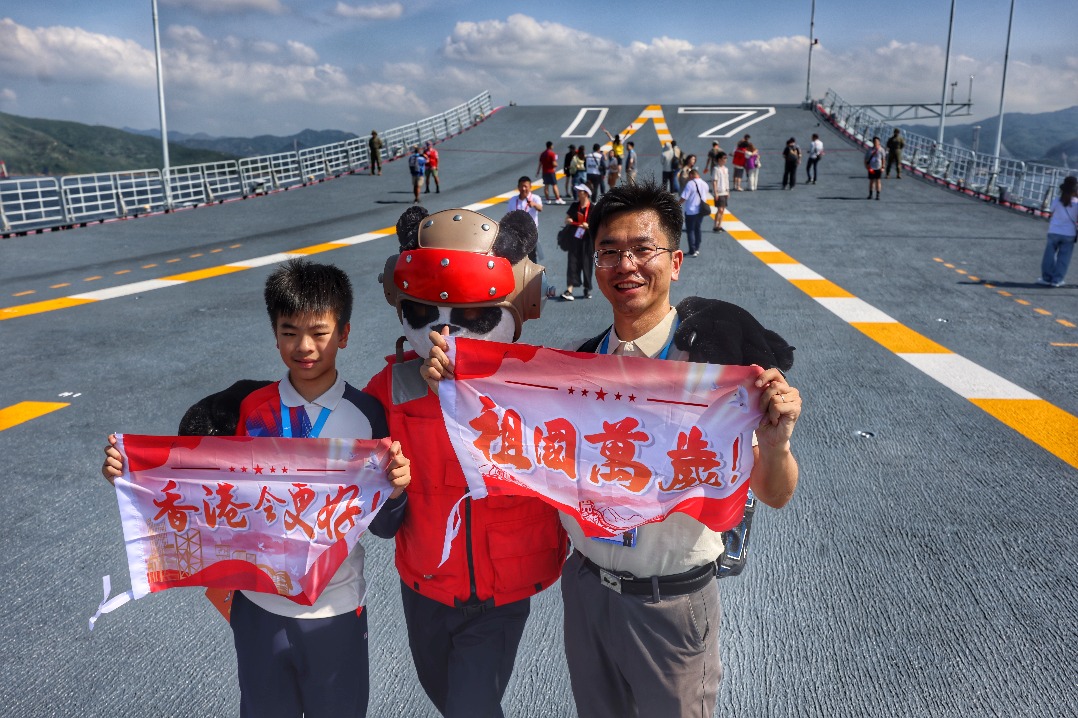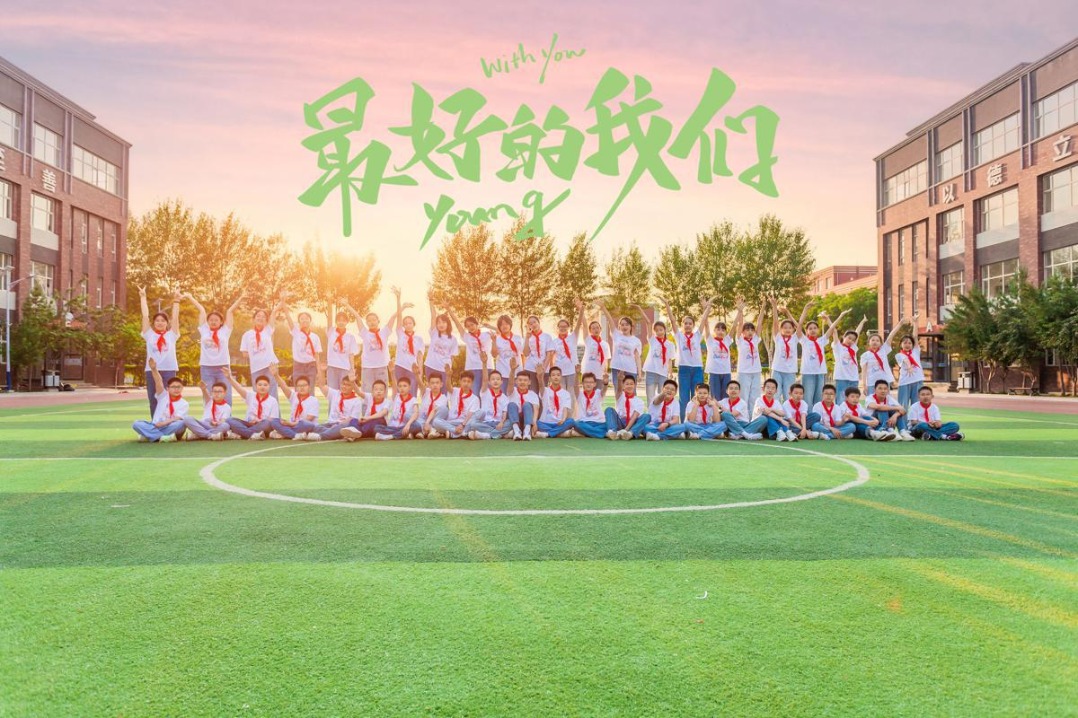Huzhou swaps pollution for profits

Industrial transformation
Although some observers have stated that environmental protection efforts may hinder the long-term growth of the local economy, Huzhou has definitely benefited from implementing the Two Mountains theory, and has maintained robust economic growth through innovation and industrial upgrading during the past 10 years.
Huzhou was one of the places where China's silk culture originated, and the fabric has been produced there for more than 2,300 years.
The Qianshanyang archeological site in the city has been known as the "source of the world's silk textiles" since fabrics dating back 4,700 years were unearthed there in the 1950s.
As the industry has been transformed and upgraded in recent years, the city has introduced more modern technologies to improve its production process. Now, a quarter of all silk made in China is produced in the city.
"Over the past 10 years, we've always put green development as the top priority and improved the pace of the upgrading and transformation of the traditional sector, launching specific campaigns to adjust the mode of production for polluting sectors such as textiles and dyeing," said Qian, the mayor.
The proportion of the city's two traditional sectors-textiles and building materials-among its GDP has fallen to 29 percent from 50 percent in 2005.
"One thing to note is that the transformation has translated into higher industrial revenue and profits, because technological innovation plays a bigger role," Qian said.
Greener development
Mizuda Group, which is headquartered in Huzhou's Wuxing district and listed on the Shenzhen Stock Exchange, is a good example of how a former polluting company has successfully transformed into an outfit that helps to provide a greener environment.
A traditional dyeing and textile enterprise, it reduced production in response to rising labor costs and the heavy pollution it was causing in the lake, and developed new core businesses in garbage treatment and recycling industrial waste.
Last year, it paid 300 million yuan in tax, the most paid by any company in Wuxing.
"We will stay with the core green, environmental protection sector because there is so much potential in the "gold rush" that has arisen from the building-up of China's ecological civilization," said Shan Jianming, Mizuda's president.
Contact the writers at mazhenhuan@chinadaily.com.cn
- Four missing after SW China mudslide
- Guizhou achieves remarkable success in advancing high-quality development, official says
- Global influencers explore Yantai's wine culture
- China records sustained drop in environmental disputes
- Visitors impressed after boarding CNS Shandong on 'open day'
- Intl forum on ecology opens with over 1,000 domestic and foreign guests





































